ICL model predicts lithium-ion batteries most competitive for storage applications by 2030
Green Car Congress
JANUARY 10, 2019
Researchers at Imperial College London (ICL) developed a model to determine the lifetime costs (i.e., levelized cost)—as opposed to the investment cost—of 9 electricity storage technologies for 12 different applications between 2015 and 2050. An open-access paper on their work is published in the journal Joule.


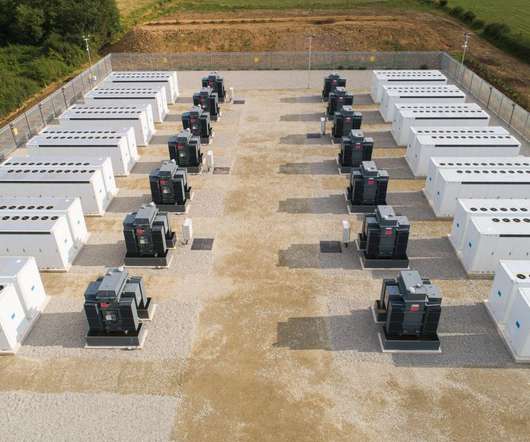


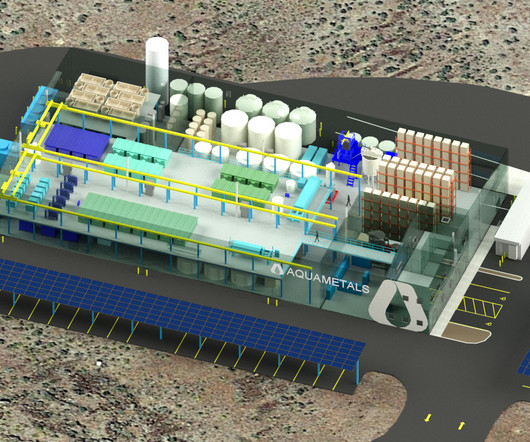
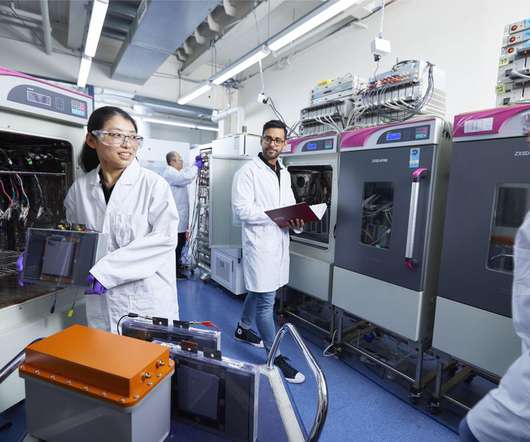
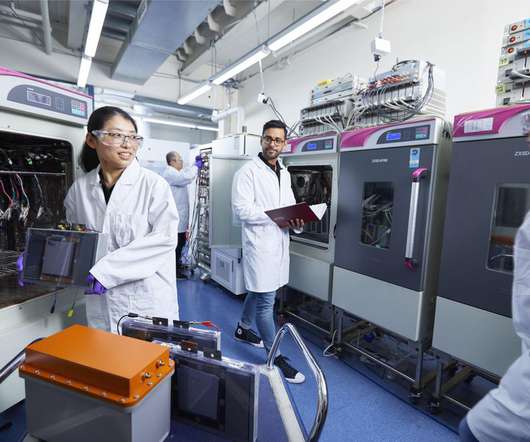

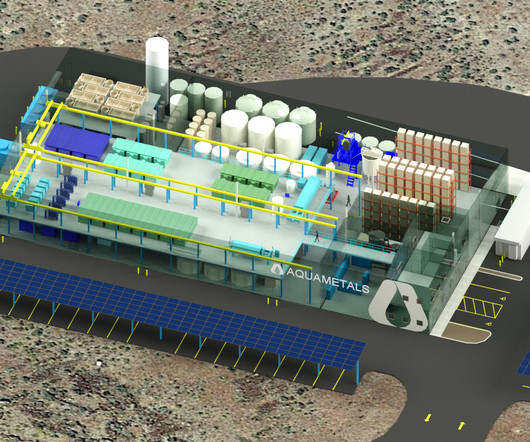







Let's personalize your content